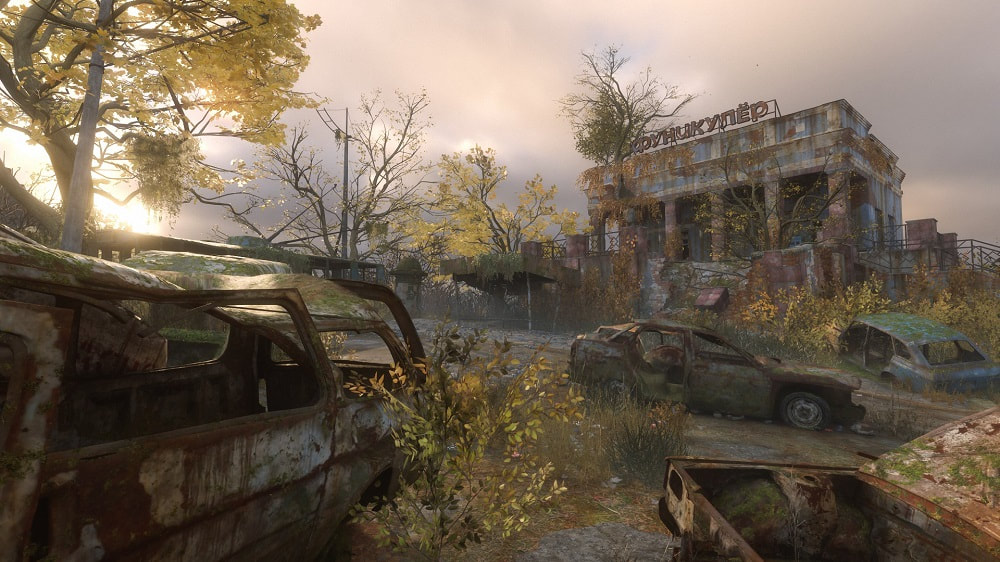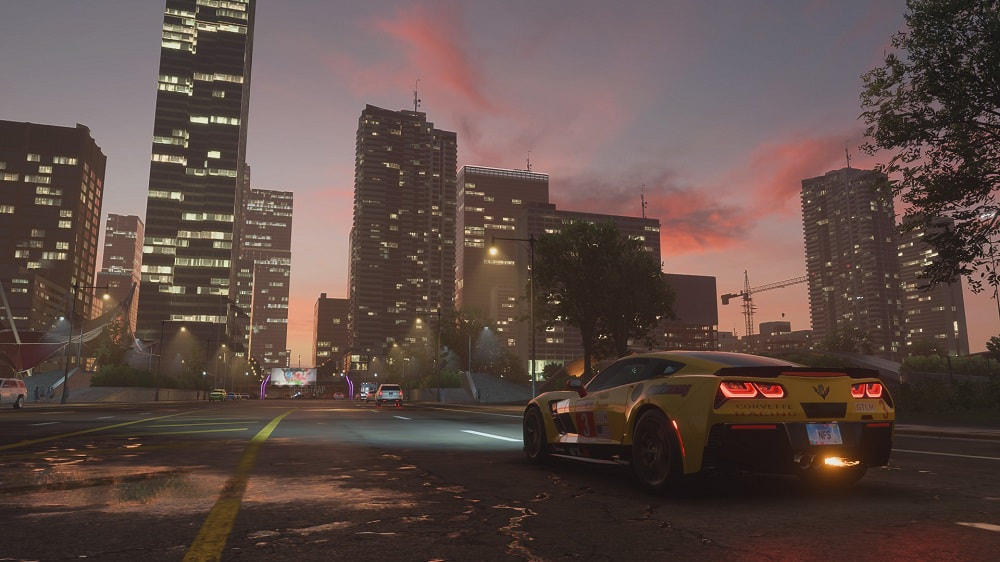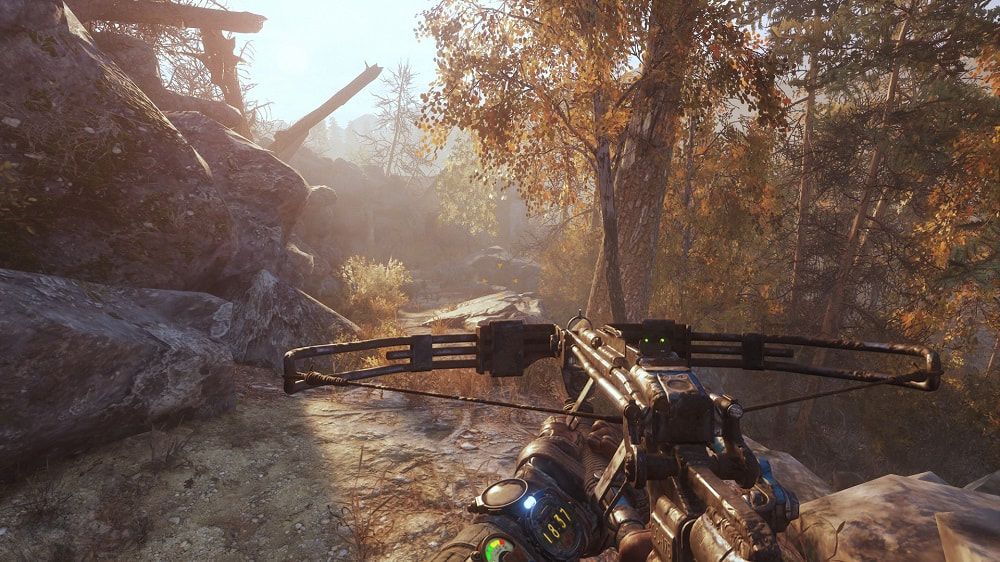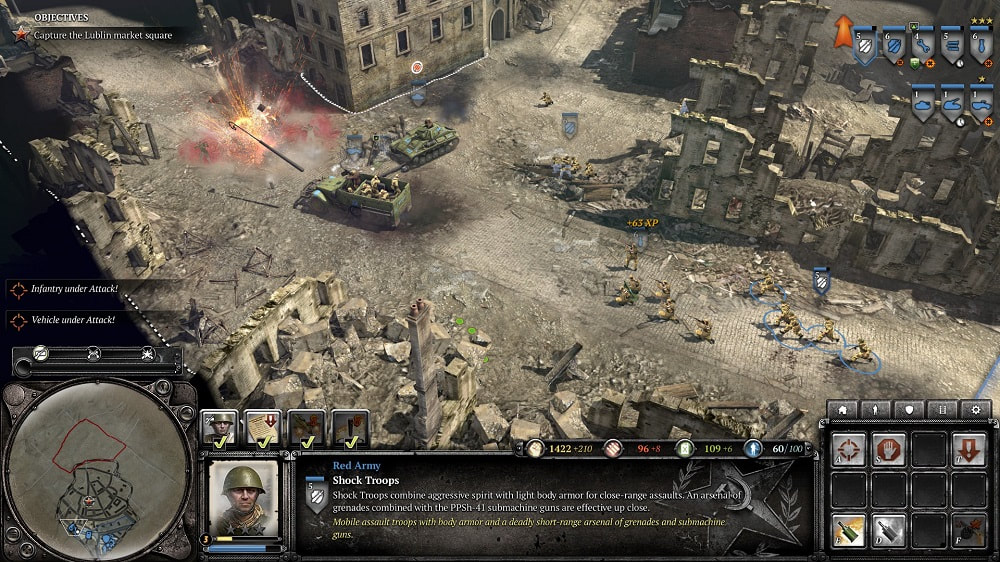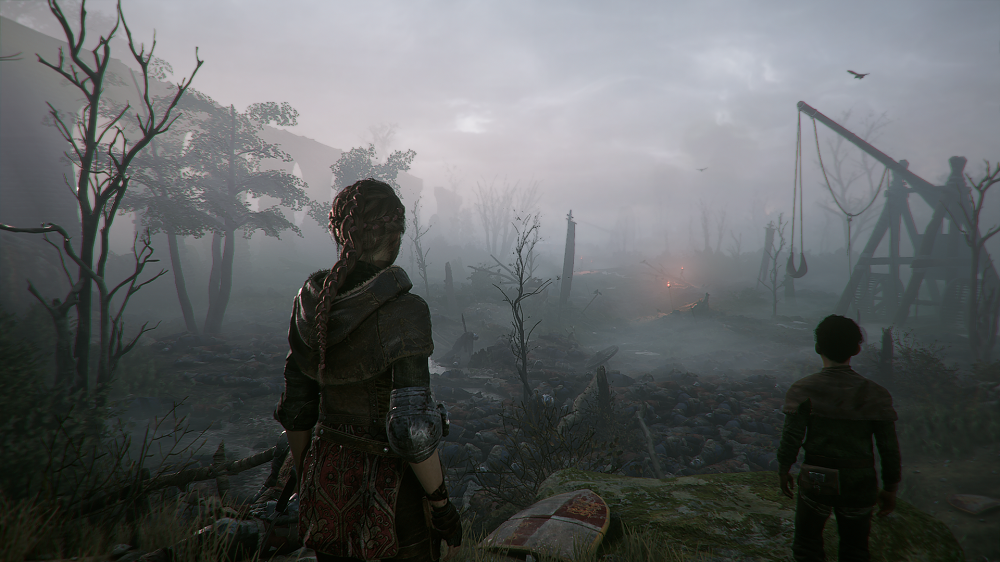|
This entry in “what I played” straddles, Janus-like, both 2022 and 2023. I kick off with the main game I played in December, which was the surprisingly excellent racer Need for Speed Unbound, which has hopefully injected new life into EA’s long-running series.
Next, it’s time to cover what I played in January. As ever, the first month of the year has been very light on new releases but I did play three older games which are all brilliant in their own way. Metro Exodus (2019) impressed me with its expansive settings and stellar ray-traced visuals, Company of Heroes 2 (2013) proves to be just as brilliant as I hoped, having finally got around to it ten years late. And finally, A Plague Tale: Innocence (2019) is also visually stunning and a major breakthrough for its journeymen French developers.
Need for Speed Unbound (2022)
Developed by Criterion Games, published by Electronic Arts It should be difficult to surprise anyone with a Need for Speed game. EA’s premier racing series first got into gear in 1994, and has had 25 instalments since then which have explored seemingly every possible angle on street competition. For a few reasons, though, Unbound did surprise people. Firstly, EA only formally announced it a couple of months ahead of release. Secondly, it has a graffiti-like art style which is genuinely new for the series. And thirdly, it’s great. Now, Need for Speed Heat (2019) was fine - and Unbound is built on much the same template. But British studio Criterion, who were put back in charge of the series by EA, did a fantastic job augmenting that formula. The crucial thing is that Criterion leans on and heightens the sense of risk and reward. Every race adds cash to a potential payout, but also increases police attention - get busted before reaching a safehouse, and every cent is lost. The tighter economy means that every dollar you can win means something; in Unbound, every car and upgrade is genuinely earned, not given away freely. Happily, Need for Speed Unbound is also rock-solid on a technical front. The Frostbite engine is arguably an underrated bit of tech and performs wonderfully in this case - Unbound looks great and runs like a dream on PC. That’s crucial in a game which delivers a sometimes almost frightening sense of speed. John Linneman of Digital Foundry listed Unbound as his #3 game of 2022, and for me it’s just outside my top 5. Great job, Criterion.
Metro Exodus (2019)
Developed by 4A Games, published by Deep Silver It’s difficult to imagine a more creatively successful sequel than Metro Exodus. Previously, I thoroughly enjoyed Metro 2033 (2010) and Metro: Last Light (2013), especially their wonderfully realised post-nuclear landscapes above and below ground. With Exodus, Ukrainian-Maltese developer 4A Games truly took their work to the next level. In the third game, the surviving characters from Last Light acquire a train - which they call the “Aurora” - and venture out of Moscow. The game is structured as a kind of odyssey, in which player character Artyom and his friends seek a new home free of radiation, to fashion into a kind of new Eden. Accordingly, Exodus offers much more freedom than the very linear earlier games. Each of the locations visited by the Aurora is rendered with even more breathtaking care, and have their own distinct weather conditions, inhabitants, and threats. Metro has always emphasised immersion, and Exodus manages to be even more convincing and involving, despite the reduced control 4A have over the player’s movements. The combat, crafting, and survival elements all received an upgrade, and the 2021 “PC Enhanced Edition” rebuilt the lighting from the ground up, making it exclusive to graphics cards equipped for ray tracing. The one major flaw is the way the story is delivered; Exodus expects players to stand around listening to minutes of dialogue, with almost no way to express themselves or to become involved. To me, 4A is a remarkable developer in technical and gameplay terms, but they have much to learn in terms of narrative design. This shortcoming is side-stepped somewhat in the two excellent DLC packs - “The Two Colonels” and “Sam’s Story” - which each have a speaking protagonist, as opposed to the mute Artyom. I was frequently in awe of Metro Exodus, which I see as the true inheritor to Valve’s work on Half-Life 2, with a broader scope and imbued with fantastic technology. It’s an essential shooter, and I can’t wait to see what 4A can go on to accomplish next.
Company of Heroes 2 (2013)
Developed by Relic Entertainment, published by Sega If our luck holds, 2023 could be a banner year for the moribund genre of real-time strategy games. As I pointed out in a recent Entertainium piece, there are several notable RTS games coming up, including The Great War: Western Front and Men of War 2. The standout, though, is easily the long-awaited Company of Heroes 3, which should finally get called up for duty in February. Relic are established veterans of the genre, and this time they will bring the action to the North African and Italian campaigns of World War II. To prepare myself, I’ve finally caught up with Company of Heroes 2 which, scarily enough, will be ten years old this June. Clearly, this is an extraordinarily great RTS, made at a time when Relic were almost alone in continuing to make these kinds of games. Like the original game, it presents accessible action with just the right degree of combat realism. Cover, vehicle facing, flanking, reinforcement, special weapons, and sightlines all genuinely matter but Company of Heroes 2 never comes across like a dry, overly complex wargame. The 14 missions add up to a superb campaign on the Eastern Front, with Soviet forces scrambling to push Nazi Germany out of the motherland. Special attention must be paid to the Ardennes Assault expansion. Relic unfortunately weighed their sequel down with a confusing mass of mostly pointless DLC packs, but this is the real deal. Set during Germany’s late-war Ardennes offensive, the “Battle of the Bulge”, the expansion adds a fantastic, dynamic 18-mission campaign. Even more than the main game, Ardennes Assault places huge emphasis on preserving units. Every loss on the battlefield weakens one of the three companies in the player’s control. If the company strength falls to zero, then it’s goodnight Saint Vith. Conversely, each time a unit is promoted it increases the experience and capability of the whole company. The result of this is that Ardennes Assault is packed with gripping missions in which victory and defeat balance perilously on a razor’s edge. Around half of the engagements are essentially glorified skirmishes, but the game’s core gameplay and the clever mutators still produce electrifying battles with increasingly intimidating German formations. Despite its advanced age, Company of Heroes 2 still looks pretty good, too - all in all, it’s a stellar RTS and hopefully Relic can match it with their much-anticipated sequel.
A Plague Tale: Innocence (2019)
Developed by Asobo Studio, published by Focus Entertainment Over the last few years, the French developer Asobo Studio has had one of the most spectacular glow-ups in gaming history. Set up in 2002, the Bordeaux-based outfit laboured for years on the most unglamorous contract projects - a mixture of port work and licensed tie-in games. Only very occasionally were they able to produce original projects of their own, like the post-apocalyptic racer Fuel (2009). Things changed completely for Asobo once they shipped A Plague Tale: Innocence. Even with some foreknowledge, this is a startling game. Set in the Kingdom of France in 1348, Innocence is a third-person mix of stealth, horror, and puzzle gameplay with a strong narrative focus. At first, it is the game’s technical prowess which impresses most - and with good reason. This is a fantastic looking game, rich with spectacular lighting effects and a convincing vision of 14th-century Aquitaine. It is all the more remarkable because it is built on a proprietary engine written by Asobo themselves. Over time, though, the gameplay and narrative prove to be just as engaging as the visuals. Innocence follows player character Amicia and her young brother Hugo, as they seek safety from an apocalyptic swarm of flesh-eating rats and a brutal French Inquisition. The stealth and puzzles are simple but effective, especially when allied to an engaging tale. The voice acting is superb, and Innocence gradually comes to focus on a whole group of wayward kids, trying to make a sanctuary for themselves, away from a world of unrelenting horror and cruelty. While I think Innocence is a little too lengthy for its own good, I’ve been delighted to experience a game which has transformed a studio’s fortunes. Since 2019, Asobo has delivered the latest edition of Microsoft Flight Simulator and Requiem, an even more technically proficient Plague Tale sequel. After years in obscurity, Asobo has well and truly arrived.
With that, another month is six feet under. At the moment, February is largely a mystery to me but hopefully I will get the chance to cover some brand new games for Entertainium. If I’m particularly lucky, that could include Company of Heroes 3 - fingers crossed.
0 Comments
Your comment will be posted after it is approved.
Leave a Reply. |
About
Exploring classic science fiction, with a focus on the 1950s to the 1990s. Also contributing to Entertainium, where I regularly review new games. Categories
All
|
